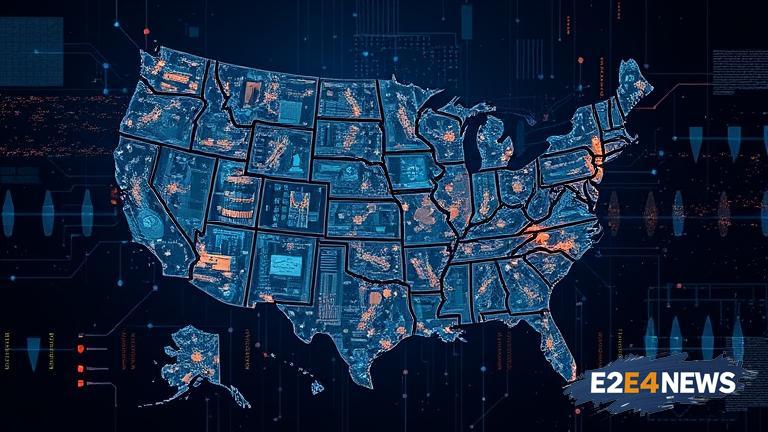The United States is witnessing a surge in the adoption of artificial intelligence technology, with several cities making notable contributions to the digital economy. Cities like San Francisco, New York, and Boston are leading the charge, with a high concentration of AI startups, research institutions, and tech companies. These cities are leveraging AI to drive innovation, improve public services, and enhance the quality of life for their citizens. For instance, San Francisco is home to a plethora of AI-powered companies, including Uber and Airbnb, which are revolutionizing the transportation and hospitality industries. New York, on the other hand, is focusing on developing AI solutions for the financial sector, with companies like Goldman Sachs and JPMorgan Chase investing heavily in AI research and development. Boston, with its renowned academic institutions like MIT and Harvard, is emerging as a hub for AI research and development, with a strong focus on applications in healthcare and education. Other cities like Seattle, Washington, and Austin, Texas, are also making significant strides in AI adoption, with companies like Amazon and Google establishing a strong presence in these cities. The adoption of AI technology is not limited to the private sector, with cities also using AI to improve public services like transportation, public safety, and waste management. For example, the city of Chicago is using AI-powered sensors to monitor and manage its traffic flow, reducing congestion and improving commute times. Similarly, the city of Los Angeles is using AI-powered cameras to detect and prevent crime, making its streets safer for citizens. The growth of AI in these cities is also creating new job opportunities, with a high demand for skilled professionals in areas like machine learning, natural language processing, and computer vision. However, the increasing reliance on AI technology also raises concerns about job displacement, bias, and privacy, which cities must address through responsible AI development and deployment. To mitigate these risks, cities are investing in AI education and training programs, ensuring that workers have the skills needed to thrive in an AI-driven economy. Furthermore, cities are also establishing AI ethics guidelines and regulations, ensuring that AI systems are developed and deployed in a transparent and accountable manner. As the US continues to navigate the opportunities and challenges of AI, cities that are proactive in embracing this technology will be well-positioned to drive economic growth, improve public services, and enhance the quality of life for their citizens. In conclusion, the adoption of AI technology in US cities is a significant trend that is transforming the digital economy, and cities that are making the most of this technology will be the ones that thrive in the years to come.
